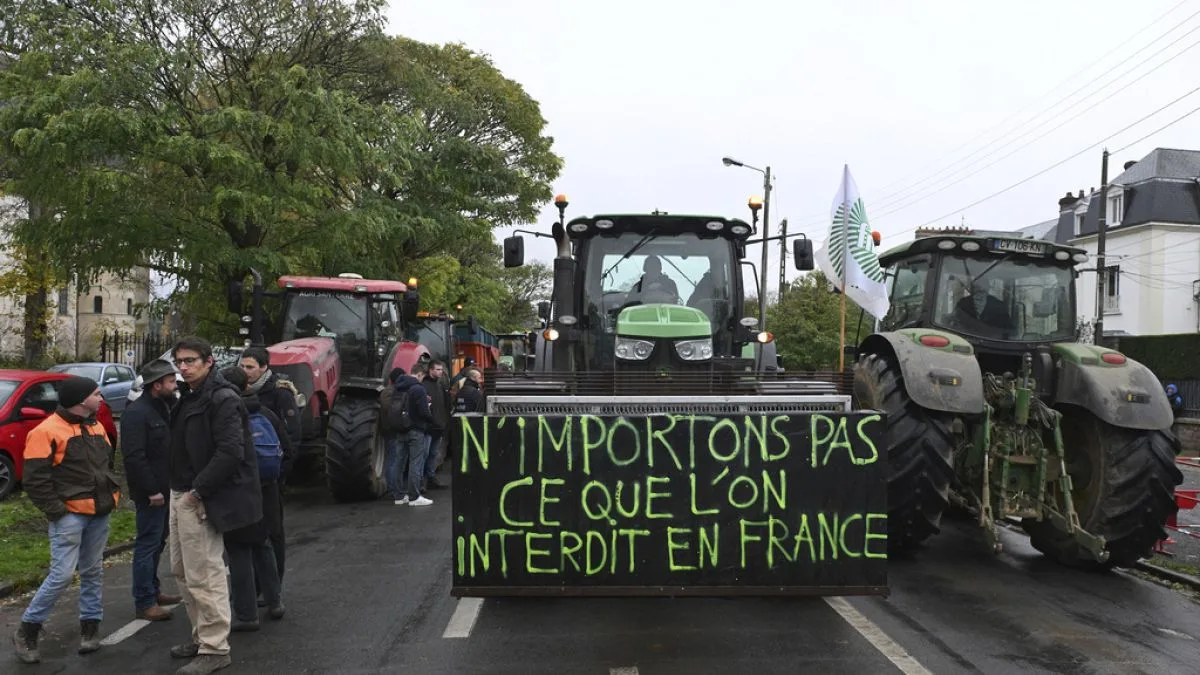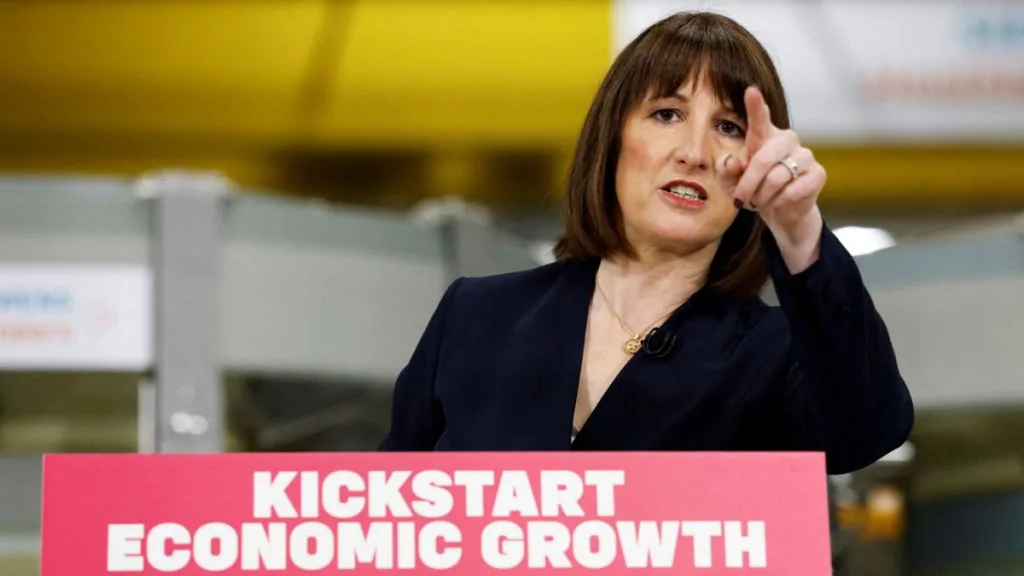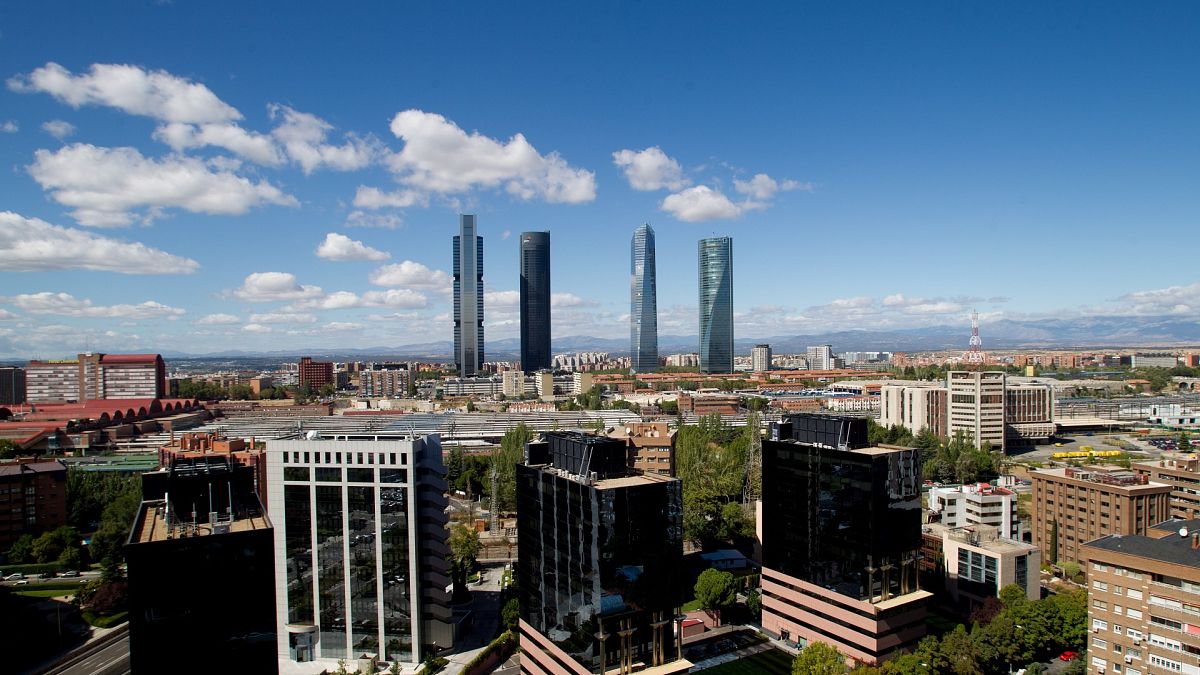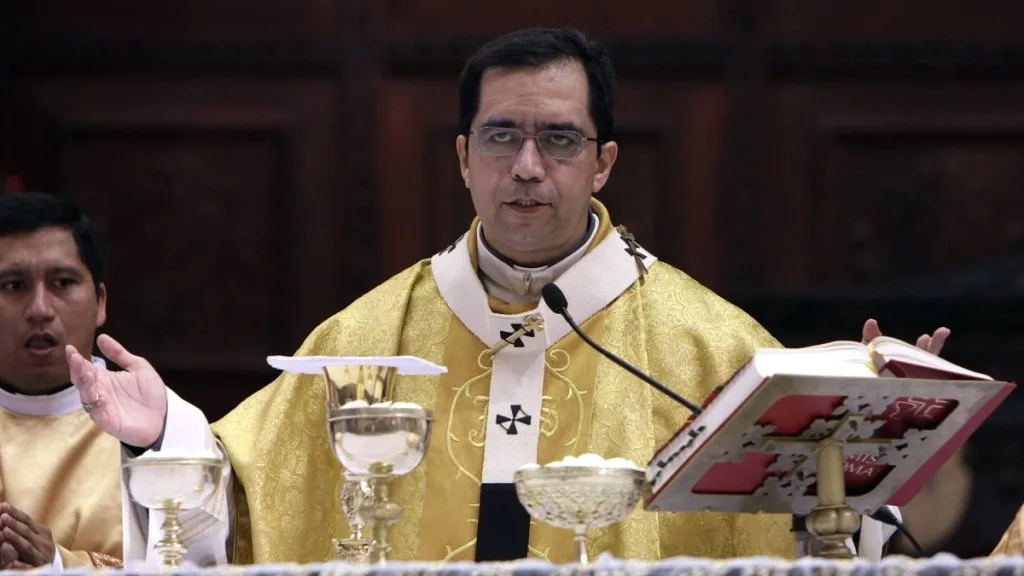Germany and Spain are prominent supporters of the Mercosur trade deal, while France is working to muster a blocking minority aimed at stalling the agreement. Paris is optimistic that Italy, Austria, Poland, and the Netherlands will lend their support to this cause.
As negotiations for the Mercosur deal resume this week, all parties are preparing for a crucial meeting in Uruguay on December 5 and 6, where hopes are high for finalizing the agreement. France is intensifying its efforts to gather backing from Italy, Austria, Poland, and the Netherlands in a bid to prevent the deal’s progression.
Despite 25 years of negotiations, the EU-Mercosur free trade agreement (FTA) still lacks unanimous approval from member states, as concerns about the future of the agricultural sector collide with the strategic interests of the European Union.
A political consensus was established on June 28, 2019, to facilitate trade between the 27 EU member states and the four founding members of the South American bloc—Argentina, Brazil, Paraguay, and Uruguay. It’s worth noting that Bolivia joined Mercosur in 2024 and did not participate in earlier discussions.
This agreement aims to create one of the largest free trade zones globally, encompassing 750 million people and accounting for approximately one-fifth of the global economy.
France has consistently opposed the deal but faces the challenge of convincing four countries that together represent 35% of Europe’s population to block Mercosur once the agreement is endorsed by the European Commission’s negotiators.
Leading the charge in favor of the deal, Germany and Spain are part of a coalition of 11 states eager to seize new trading opportunities, particularly at a time when threats of a trade war loom from figures like Donald Trump, and the EU seeks to lessen its reliance on Chinese markets.
A French diplomat remarked, “The reasons for our hesitations are shared well beyond France,” expressing confidence that they can persuade others to stand against the deal.
Recently, agriculture ministries in Poland and Italy have voiced their apprehensions regarding the Mercosur deal. Poland’s agriculture ministry publicly warned that the agreement could jeopardize its agricultural sector, especially poultry. Simultaneously, Italian Agriculture Minister Francesco Lollobrigida called for Mercosur farmers to face the same regulations as their EU counterparts, deeming the current framework “unacceptable.”
Ireland, ranked as the fifth-largest beef exporter globally, also harbors serious concerns about the deal, fearing potential price drops in its key European markets like France. Belgian farmers have similarly protested the trade agreement.
However, the extent to which these nations will join France in opposing the agreement remains uncertain. While the Polish agriculture minister’s position was not officially confirmed, Italian Foreign Minister Antonio Tajani later moderated his colleague’s stance, indicating his support for the agreement as long as it does not negatively impact Italian agriculture.
An official from the French trade ministry expressed hope that Italy’s EU commissioner-designate, Raffaele Fitto, once confirmed by the European Parliament, might sway Rome to align with the deal’s opponents.
Meanwhile, Austria’s Parliament had previously voted against the deal in 2019 and reiterated this position in 2021. One Austrian diplomat noted, “If there were something new in the deal, we would have to talk again. It remains very open.”
The European Commission has downplayed the potential agricultural risks associated with the deal. An EU official stated, “For fragile sectors, we have set volumes that can be absorbed by the markets,” suggesting that projected increases in beef imports due to the agreement might not exceed 99,000 tonnes annually—about 1.6% of total EU production, with pork and poultry increases anticipated to be even smaller.
Adding to the discourse, France is raising environmental objections against the deal, arguing that Mercosur’s standards trail behind those of Europe. French Trade Minister Sophie Primas emphasized the necessity of incorporating the Paris Agreement as a fundamental element of the deal during talks with other trade ministers in Brussels.
France continues to court the Netherlands, which previously opposed the Mercosur agreement in a 2020 Parliamentary vote. Dutch Trade Minister Reinette Klaver reaffirmed these concerns during last week’s trade ministers’ meeting in Brussels, stating, “The Lower House is very critical of the agreement and certainly of the agriculture part.”
On the flip side, Germany and Spain are strong proponents of the deal, anticipating a boost in exports. Professor Lora Verheecke of the Université Catholique de Lille explained, “Germany sees opportunities in car exports, alongside chemicals, pharmaceuticals, and pesticides. For Spain, the focus is on agricultural products with high added value, such as olive oil and Serrano ham.”
With the Uruguay meeting fast approaching, the lobbying efforts from both supporters and opponents of the Mercosur deal are set to escalate.
Photo credit & article inspired by: Euronews



